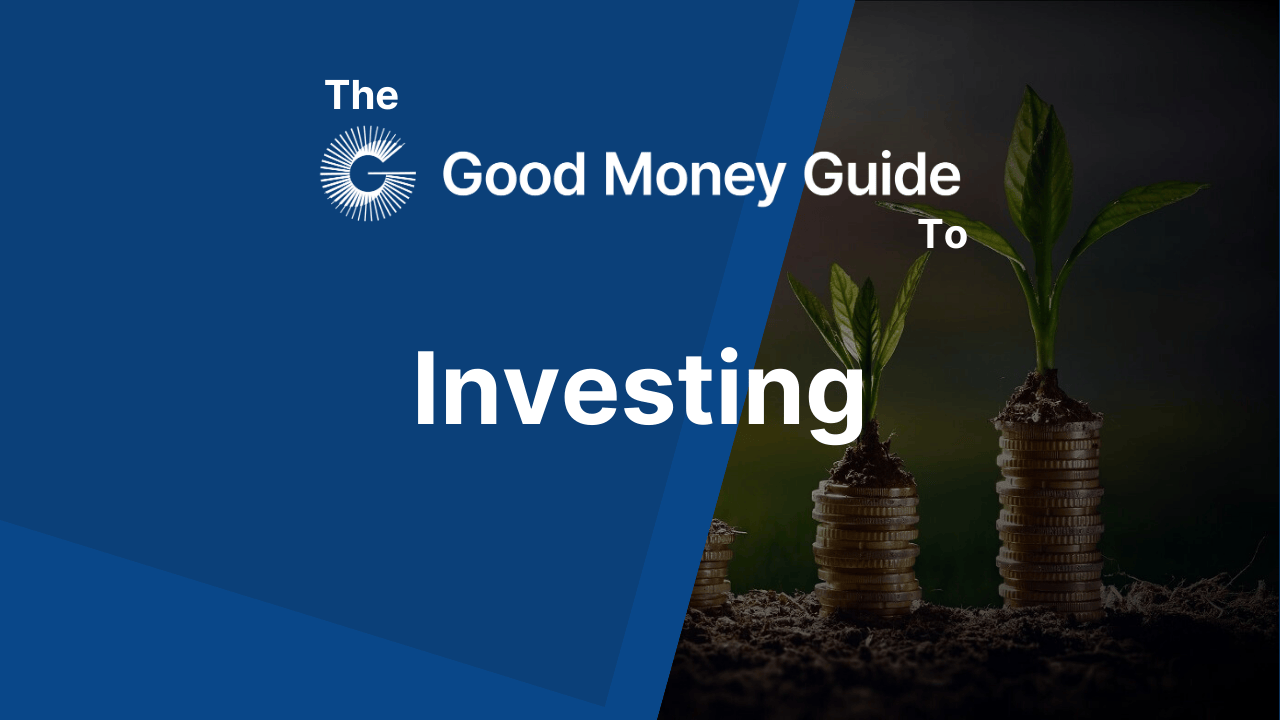Importance of Staying Informed
Staying informed about market events and economic developments is crucial for making sound investment decisions. Financial markets are influenced by various factors such as economic data, government policies, global events, and company-specific news. Understanding how these events impact your investments helps you react appropriately and adjust your strategy if necessary.
How Market Events Impact Investments:
Economic Indicators:
Reports such as GDP growth, inflation, unemployment data, and interest rates can affect different sectors of the market. For example, rising inflation or interest rates often negatively impact stocks, especially gr...
Please register or log in to continue...
Become a better, more informed investor with Good Money Guide. Our expert, exclusive educational courses provide the sort of information that everyone, from first-time investors to experienced professional traders, can learn to profit from.

